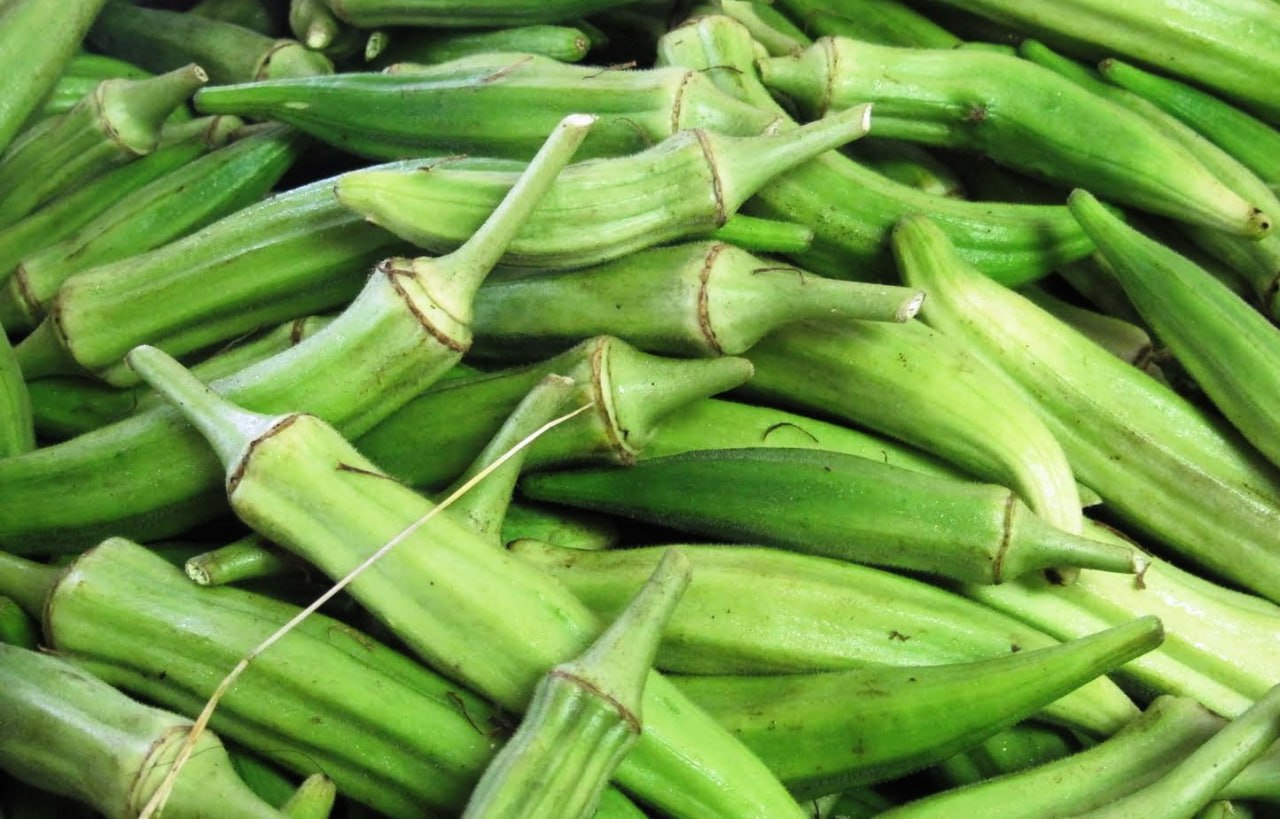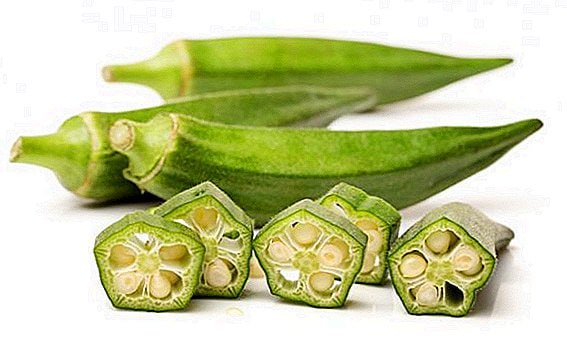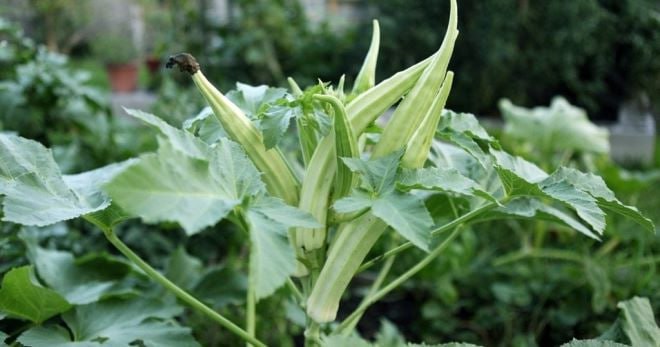Okra and its medicinal properties...

Okra is a perennial plant that is cultivated mainly in Asia, Africa, America and Southern Europe. Looks like cotton. Okra fruits contain carbohydrates, protein, oil, iron, calcium, fiber, thiamine, cotinamide, riboflavin and ascorbic acid.
Okra is not only a vegetable crop, but dried seeds can be used to make vegetable curd, and roasted and ground seeds can be used as a coffee substitute. Ripe fruits and stems of okra contain raw fibers used in the paper industry. In industry, the mucous substances contained in the fruits of okra are used to glue paper. Tools such as bioabsorbent useful for making confectionery products are also obtained. Okra is also grown for fiber.
Technically ripe okra fruits can be boiled, fried, smoked and cooked with other vegetables or eaten on their own. In addition, various canned food can be made from okra. Okra is a very useful vegetable, its fruits contain healing vitamins and minerals.
As a result of the constant use of its fruits:
- since the fruit contains many mucous substances, it treats gastric and intestinal disorders;
- removes excess toxins and pollution;
- strengthens the vessels of the heart, increases resistance to hypertension, ensures that the circulatory system is at the same level;
- improves nervous activity, the magnesium element in it strengthens the nervous system;
- lowers blood sugar levels;
- fruits and seeds are used as a remedy for male infertility;
- prevents diabetes;
- used to treat wounds and prevent hemorrhoids;
- increases resistance to hypertension;
- cleanses of excess toxins and pollution;
- provides effective benefits in getting rid of excess weight;
- strengthens bones;
- reduces asthma attacks;
- improves skin health;
- reduces sore throat and cough;
- improves eyesight;
- has anti-cancer properties;
- reduces the risk of heart disease.
For your information, okra is currently starting to arrive in Uzbekistan...



Munira Akhadova,
master student of the Faculty of Biology,
Samarkand State University.

